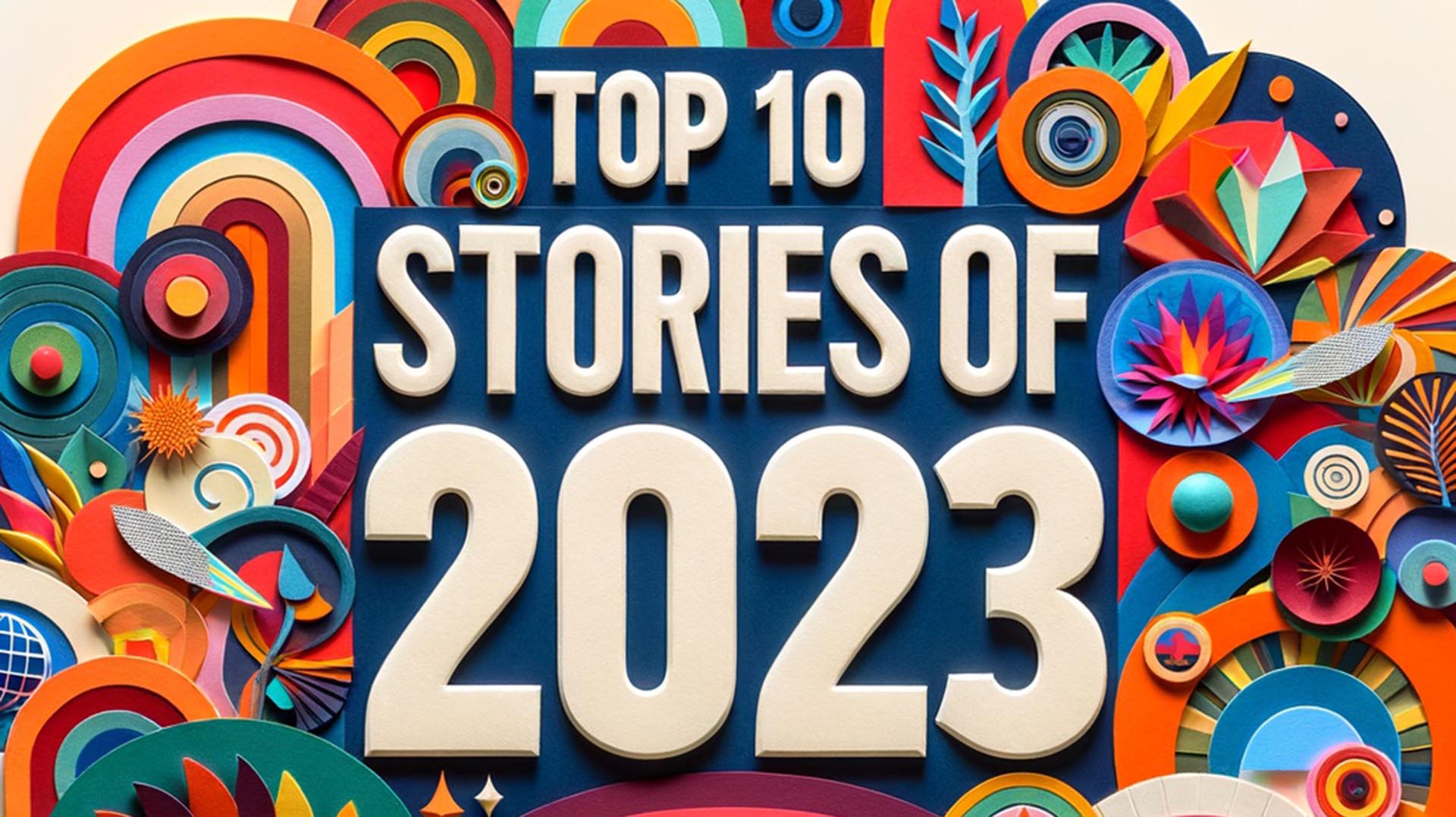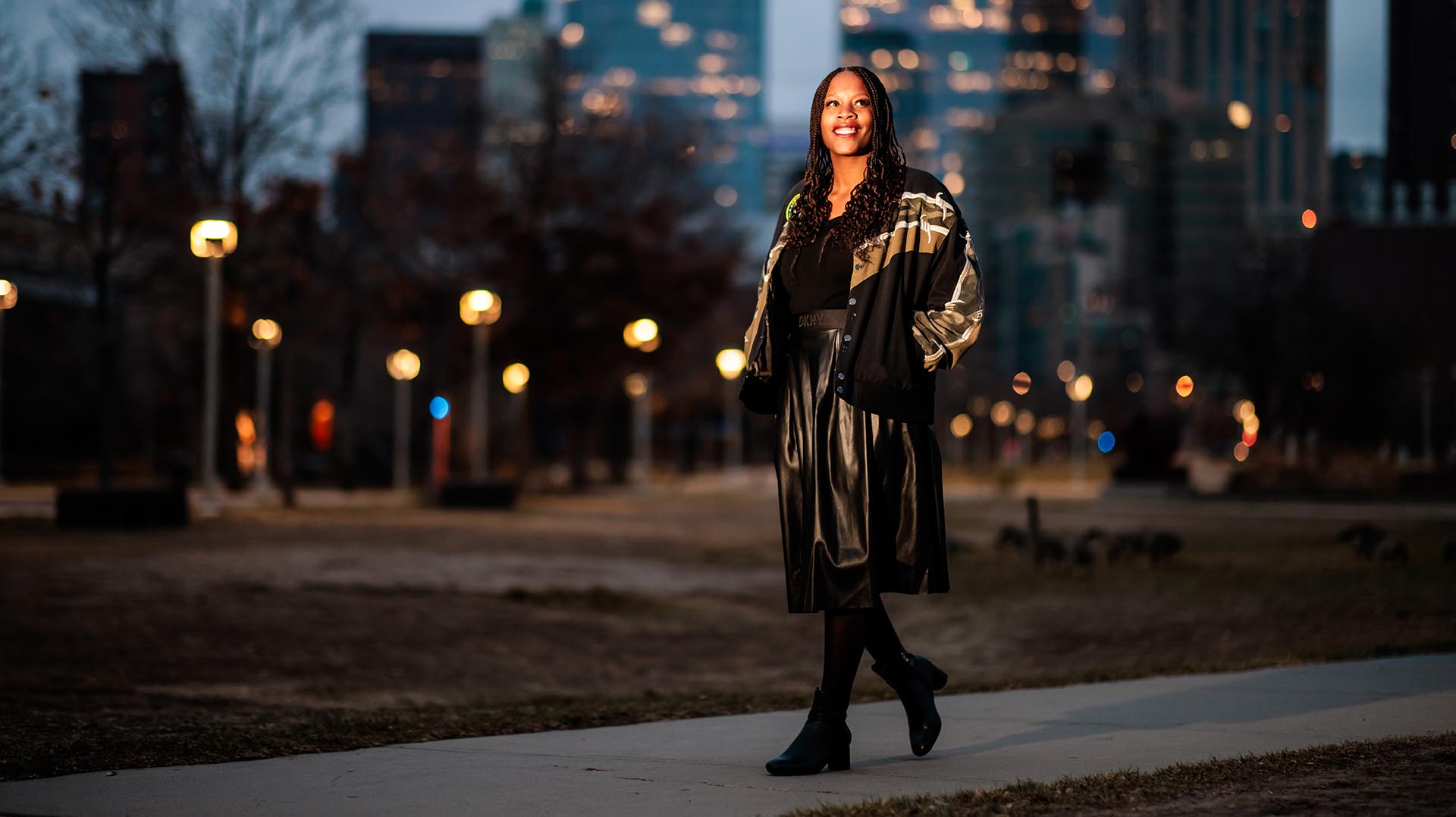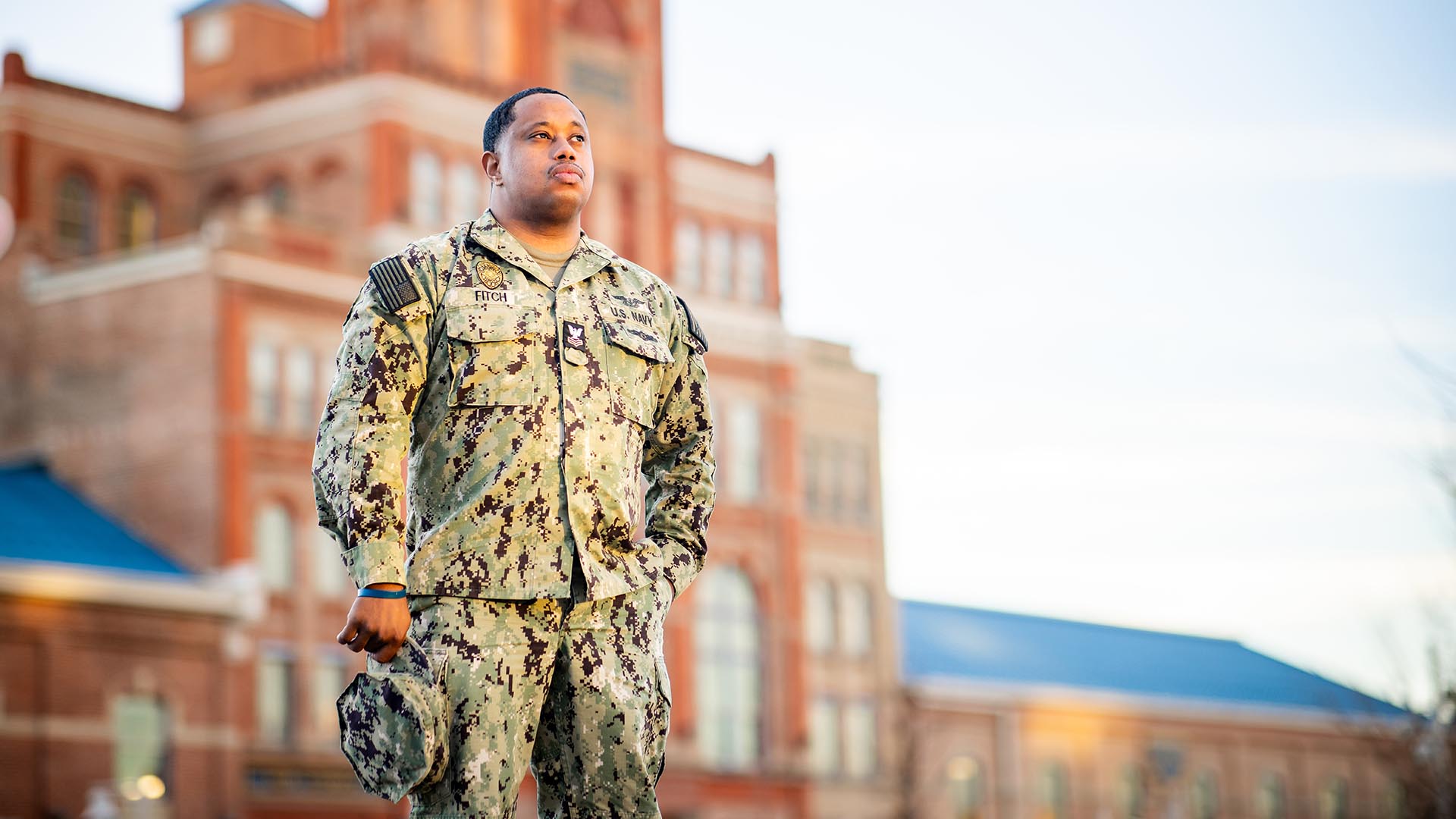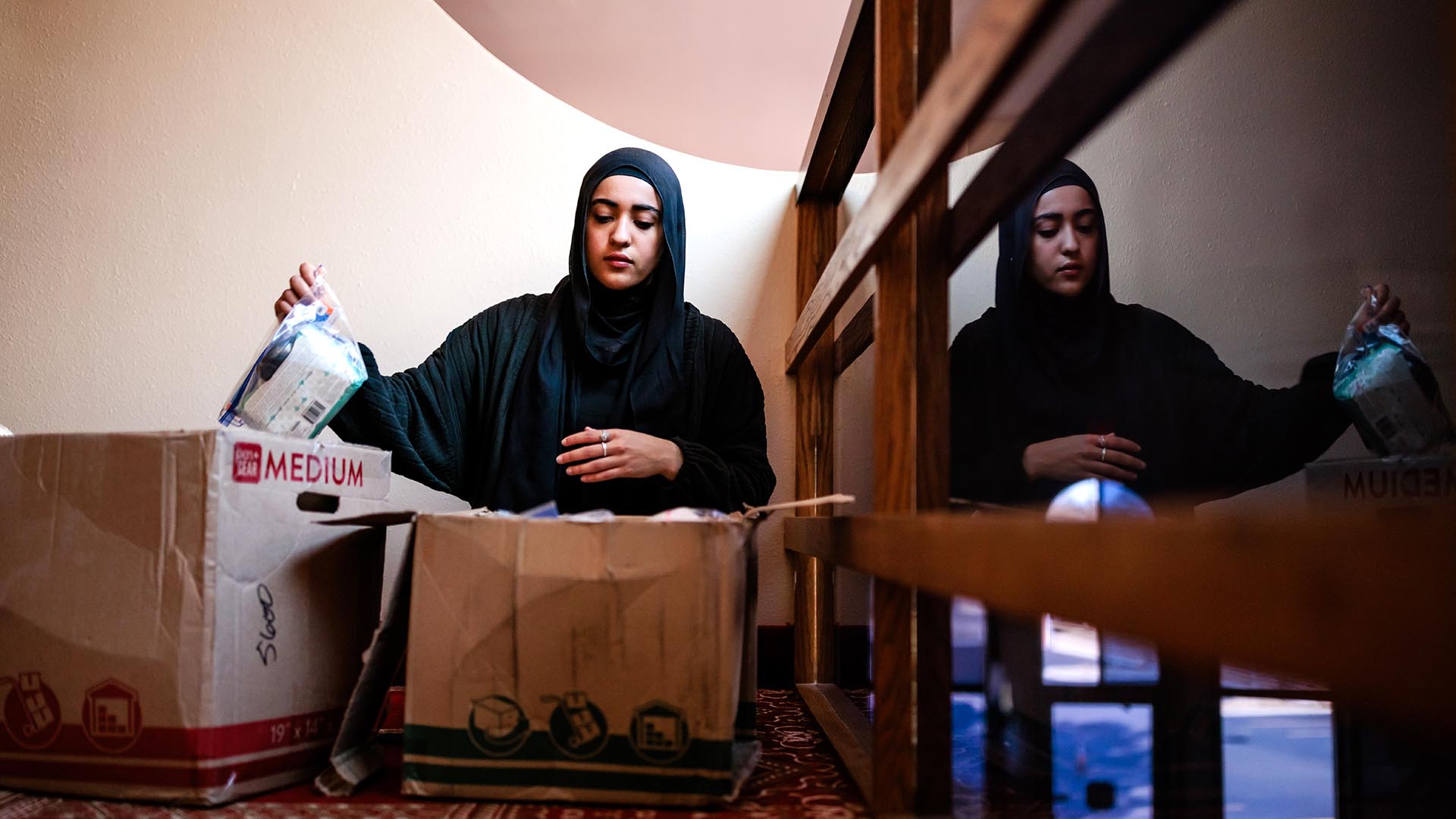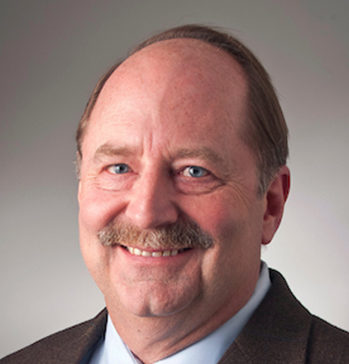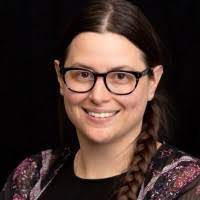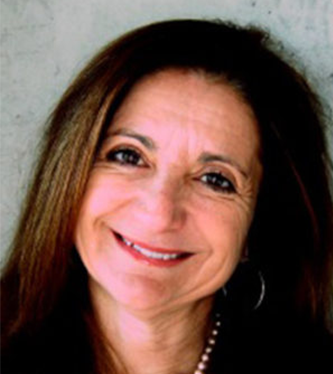It’s time to talk about the past year
Speakers at Sept. 10 TEDx event plan to address resilience amid difficult times and open the door for healing our collective trauma.
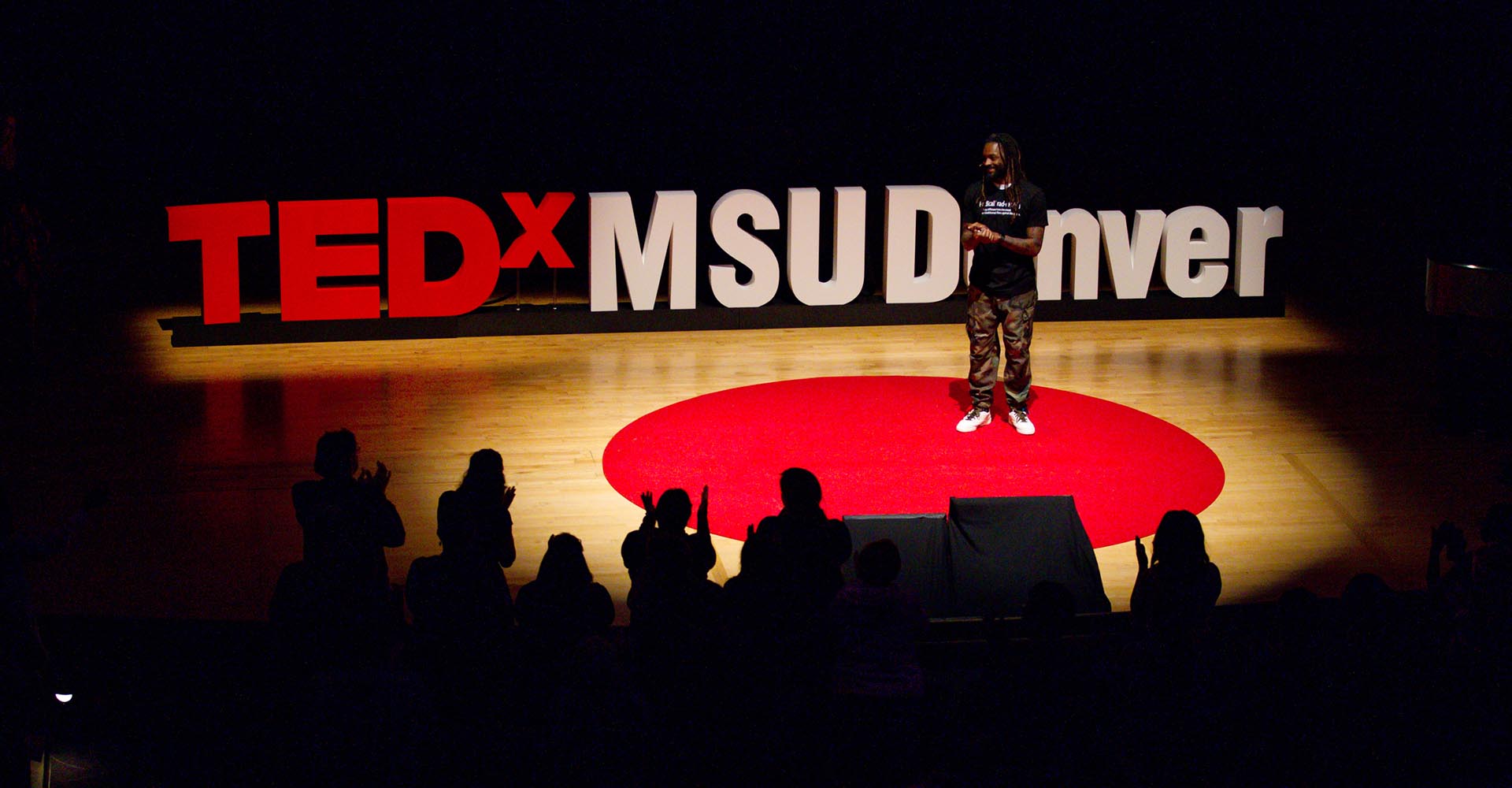
Crisis is a catalyst for change.
The forced isolation and introspection of the pandemic have pushed many Americans to reconsider their careers or quit altogether. Others have found something unexpected amid the long pause – their voice.
“The pandemic has given people a chance to reflect on their passions, on their ideas, and now they’re ready to speak out,” said Michael Jenet, executive producer of TEDxMSUDenver.
Some of those big thinkers will take the stage Sept. 10 as part of Metropolitan State University of Denver’s latest TEDx event. The daylong program, titled “Ready to Rise,” will feature talks on resilience, renewal and recalibration in the face of difficulties. Tickets are available for the in-person event, which will be held on the Auraria Campus.
Jenet said this is the first live TEDx event he and his team will have hosted since the outset of the pandemic, which should benefit the speakers. “It’s both frightening and rewarding to present in front of an audience,” he said. “And in this case, I think it will be cathartic, too.”
Reserve your tickets todayWHEN: Sept. 10, 10 a.m. to 3:30 p.m. WHERE: King Center Concert Hall / 855 Lawrence Way Denver, CO 80204 Seating capacity is limited • Free for students, staff and faculty members • $20 for alumni and members of the community |
|
Bethany Fleck Dillen, Ph.D., one of the 15 selected presenters and a professor in MSU Denver’s Department of Psychological Sciences, said the preparation for her TEDx talk has been therapeutic.
She’ll be sharing her research on the guilt and shame mothers have felt in making educational choices for their children during the pandemic. She and her team interviewed hundreds of mothers for the study, which grew out of a question she often asked herself as a mother of two young children: Am I the only one experiencing this?
“I would like my talk in particular to resonate with moms who have been struggling this year and to build a community where we support and listen to one another,” she said.
Fleck Dillen said the event could also serve as a starting point to begin processing some of the shared trauma experienced during the past 16 months and serve to normalize attending large public gatherings.
“Now is the time for some national and collective healing,” she said. “As we are coming out of this pandemic, I think people are ready to learn from and embrace one another and to think about things differently. That opens a door for us to move forward.”
Meet the TEDxMSUDenver presenters

Thomas Austin, Alumni
Historical trauma passed down through generations
In his work at one of the largest county-level social-work agencies in metro Denver, Austin has witnessed the impact of historical and generational trauma in clinical settings. The MSU Denver Master of Social Work alumnus will share observations from eight years in the field and discuss how adopting a perspective of generationally informed trauma treatment can help heal people and society.

Elizabeth Fajardo, Ph.D., Staff
Return of the Corn Mothers, stories of resilience and renewal
As the director of the MSU Denver Chicana/o Studies Journey Through Our Heritage program and the curator of the Return of the Corn Mothers project, Fajardo has spent more than a decade collecting the stories of women throughout the Southwest. Her talk will recount these women’s stories of resilience, give relevant insight about the power of women and inspire future generations to keep hope alive.

Bethany Fleck Dillen, Ph.D., Faculty
Maternal guilt during the Covid-19 pandemic
Fleck Dillen, a professor in MSU Denver’s Department of Psychological Sciences, spent the past year conducting a study on maternal guilt and shame. The survey of 339 moms nationwide centered on decisions made about their children’s education during the pandemic. Her talk will detail that research, share lessons learned and offer recommendations for moms dealing with unprecedented challenges.

Dominique Hunt, Alumni
PhoneBook provides universal access to personal computing
As a student working in MSU Denver’s Information Technology Services Department at the outset of the pandemic, Hunt witnessed the challenges of pivoting to online education. In response, the Industrial Design graduate created PhoneBook, an affordable product that effectively turns smartphones into laptops. Hunt’s talk will focus on the award-winning project and how it could improve educational accessibility.

Eric James, Ph.D., Faculty
Normalizing the role of uncertainty in adolescence
What do you want to be when you grow up? In his talk, James will discuss how this innocuous-sounding question can pathologize adolescents who are uncertain about what they “want to do” and increase mental-health challenges. The associate professor of Organizational Communications at MSU Denver will also offer tips for making life less complicated for young people.

X (Antwaun) Johnson, Student
Detour does not mean delayed
Drawing on his personal experience, Johnson will discuss the importance of encouragement in challenging times and how he sees the past 16 months as a set-up rather than a setback. The MSU Denver student and community advocate will share his story of resilience and how he found his voice amid the tumult of the pandemic and the Black Lives Matter movement.

Michael Kilman, Faculty
Why building better fictional worlds matters
Kilman’s talk will focus on how building fictional worlds can help us better understand the complexities of identity, diversity and culture and potentially solve some of society’s most serious problems. The applied anthropologist, science-fiction author and MSU Denver alumnus will discuss why these worlds matter, not only for the purpose of representation but as a tool to better understand one another.

Evan Mazunik, Community Member
Playing off the page: How to lead by embracing risk and surprise
In this unique talk, Mazunik will demonstrate how he conducts improvising musicians to create music in real time and share three key leadership principles learned through this work that can be applied in any business or setting. He will also lead the audience in creating a unique musical piece together.

Svetlana Mikhaylova, Student
How colleges can better support undocumented students
As a formerly undocumented student, Mikhaylova understands the challenges that immigrants face in the U.S. higher-education system. In her talk, she breaks down some of the misconceptions about undocumented immigrants and encourages universities to partner with local legal organizations to provide affordable resources to Colorado’s next generation of culturally diverse leaders.

Nicole Predki and Jacob Mora, Faculty
The power of movement to motivate, create and heal
Dance has the ability to heal minds, bodies and spirits and unlock creative potential. MSU Denver Department of Theatre and Dance faculty members Nicole Predki and Jacob Mora will demonstrate how movement is a different way to communicate and can teach collaboration, inclusiveness, empathy and patience.

Joseph Schneiderwind, Alumni
Invisibility of disability
When a progressive disability halted his doctoral research, Schneiderwind went back to school to become a math teacher – and to shine a light on inequities in science, technology, engineering and mathematics education. In his talk, the alumnus asks why ability isn’t more prominently centered in discussions of inclusion and how schools can prepare students with disabilities for growing STEM fields.

Alexander Sherman, Student
Broadening perspective on disabilities
As a person on the autism spectrum, Sherman was often told he would never amount to anything. On the verge of graduating from college, he draws on his experience to discuss how people regarded as “disabled” could achieve even more if others would broaden their perspectives. His message of inclusion comes at a fitting time as more children are being diagnosed with autism-spectrum disorders.

Shari Simmons, Faculty, and Jann Simmons
Behavior as a language
In the past two years, we have witnessed images that showcase rising tensions between people who miss the signs of distress in one another and react with aggression. Simmons, a professor specializing in trauma, and her mother Jann Simmons, a trauma survivor, discuss what really occurs when a person perceives threat and what it takes to create interactions that are respectful and restorative.

